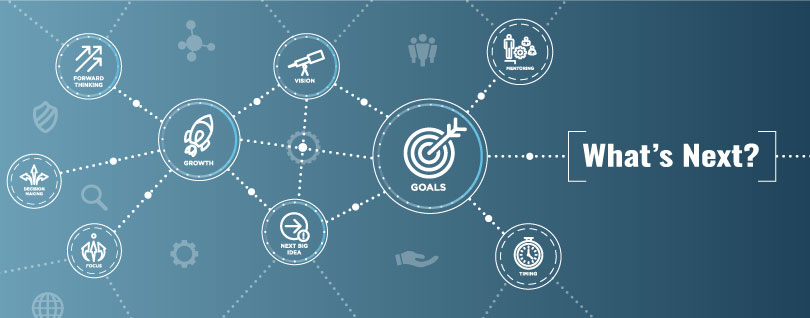Connectivity has evolved. Businesses across the globe are recognizing the importance of investing in digital transformation programs to stay relevant in a digitally disrupted world. According to a new study by International Data Corp (IDC), worldwide spending by enterprises on digital transformation will reach close to $2 trillion a year by 2022.
Despite this momentum, many businesses struggle in knowing how to get the most out of their investment. And there are no beaten paths to be followed: digital transformation will look very different from one organization to the next. Industries like manufacturing, retail, and supply chain management face a greenfield opportunity to innovate, transform, and better compete. But first, organizations must learn to prioritize and harness the power of emerging technologies.
Technologies like automation, dark data analytics, IoT, machine learning, AI, and cloud computing all hold opportunities to get ahead. So where does one start in tackling the interdisciplinary challenges that come with digitally transforming a business?
Let’s take a closer look. Here are five ways an integration platform can help future-proof your business.
Foundational to all of these leaps in technology is a reliable and comprehensive data and systems integration platform. No matter how many moving parts you have, your data must be able to move seamlessly between suppliers, internal stakeholders, and collaborating organizations. This is the first step to future-proofing your business.
1. Increased scalability & flexibility
Whether you operate in healthcare, financial services, retail, or government, there is no question that fragmented legacy systems continue to pose a barrier to innovation and action. This puts a strain on both your infrastructure and operational efficiency.
By increasing integration between isolated systems and fragmented data, you’ll have a more connected foundation enabling you to scale along with new technologies into the future. Whether you’d like to add machine learning, AI, or VR technology into the mix, deployment is much easier with this strong foundation in place.
2. Real time data monitoring
Rolling out new features, applications, and technology requires speed and agility. With a robust data integration platform in place, you’ll have an increased ability to perform secure data sharing, automation, and extract insights to guide business decisions. Having real time access to data will also minimize learning curves and reduce new infrastructure management overhead over time.
3. Positive customer experiences
At the core of every businesses is the customer. Secure and reliable integration platforms not only make your life easier, but cultivate trust with your customers, suppliers, and external stakeholders. Having a solid technology foundation will power rich, connected customer experiences to keep your business alive and thriving into the future.
4. Streamlined operations
Having an integrated data platform reduces the overall complexity of your operations, team, processes, and solutions. This sets a new baseline for your operating procedures, making you more efficient and freeing-up capacity to execute on new initiatives into the future.
5. Strategic innovation
In today’s business landscape, guessing is no longer an option when it comes to making the next move. Designing an integrated data platform gives you access to insights on how to better serve your customers, identifies areas that are slowing you down, and enables you to forecast impacts based on previous results, setting you up for long-term success.
Want to explore how we could help you future-proof your business through a hybrid integration platform? We have combined experience spanning over 100 years of project work in complex environments like financial services and healthcare. Reach out today, and someone on our team would be happy to chat.

